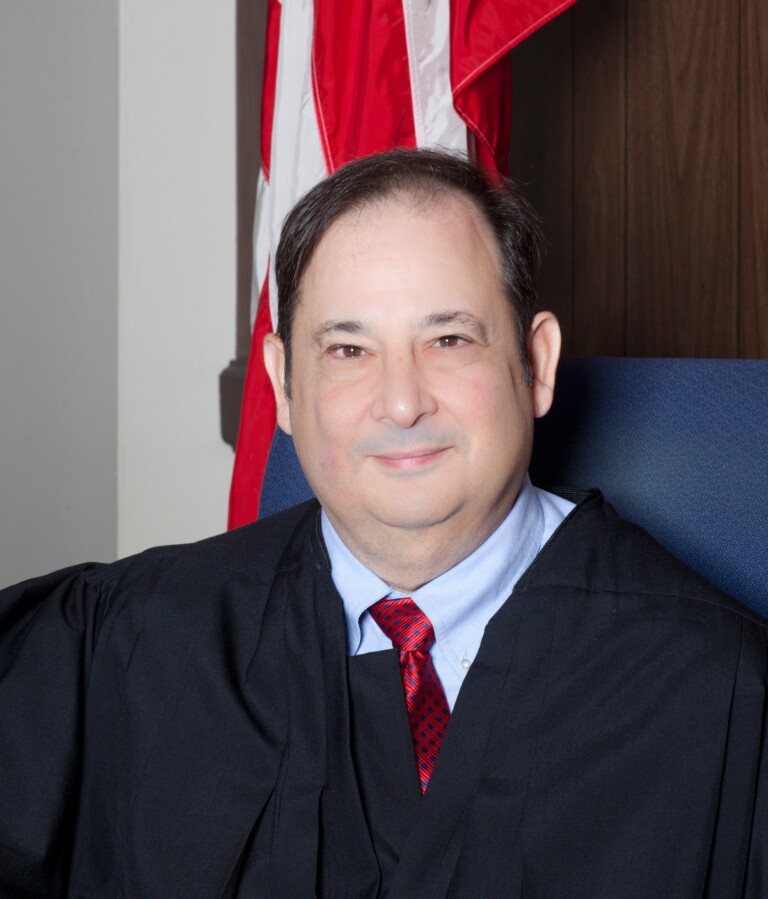Holding Court: So, You [Don’t] Want To Be a Juror

Holding Court is a series by retired Rye City Court Judge Joe Latwin. Latwin retired from the court in December 2022 after thirteen years of service to the City.
What topics do you want addressed by Judge Latwin? Tell us.
By Joe Latwin

So, you [don’t] want to be a juror
It is the policy of this state that all litigants in the courts of this state are have the right to trial by jury to juries selected at random from a fair cross-section of the county or community in the governmental subdivision wherein the court convenes; and that all eligible citizens shall have the opportunity to serve on juries, and shall have an obligation to serve when summoned for that purpose, unless excused.
Each county has a Commissioner of Jurors. The commissioner of jurors creates a list of the names of prospective jurors and selects prospective jurors at random. Those lists include the voter registration lists, lists of utility subscribers, licensed operators of motor vehicles, registered owners of motor vehicles, state and local taxpayers, persons applying for or receiving family assistance, medical assistance or safety net assistance, persons receiving state unemployment benefits and persons who have volunteered to serve as jurors. Yes, people do volunteer to serve.
Once the Commissioner picks the names of prospective jurors, she sends out a questionnaire to determine qualifications and eligibility. Each person getting a questionnaire must complete and sign it and return it to the commissioner within ten days of mailing. If the questionnaire is not returned or properly completed, or if the commissioner otherwise determines that a personal interview is required, the commissioner may summon the prospective juror to appear before him or her for the purpose of filling out the questionnaire or being examined as to his or her competence, qualifications, eligibility and liability to serve as a juror.
To qualify as a juror a person must: 1. Be a citizen of the United States, and a resident of the county. 2. Be not less than eighteen years of age. 3. Not have been convicted of a felony. (That means convicted, not just having committed a felony). and 4. Be able to understand and communicate in the English language. So, all you 16-year-old felons are out.
Some of us have lives that might interfere with serving on a jury. Help is possible. The commissioner may upon the application excuse such prospective juror from a part or the whole of the time of jury service or may postpone the time of jury service provided that (by example) the prospective juror is a breastfeeding mother and submits with her application a note from a physician indicating that the prospective juror is breastfeeding. You get another bite at it since, if your application is denied by the commissioner, you may apply to the court to be excused. In considering whether to grant an excuse, the commissioner or court can consider whether you have a mental or physical condition that causes you to be incapable of performing jury service, or if there is any other fact that indicates that attendance for jury service would cause undue hardship or extreme inconvenience to the applicant, a person under his or her care or supervision, or the public. These typically involve parents of young children for whom there is no other child care, sole proprietors of businesses, people with prepaid travel plans, or other non-typical hardships. That you like to sleep late won’t work.
There used to be other excuses not to serve, but those excuses were eliminated from the law – being over age 76, being a volunteer firefighter, and being a judge.






